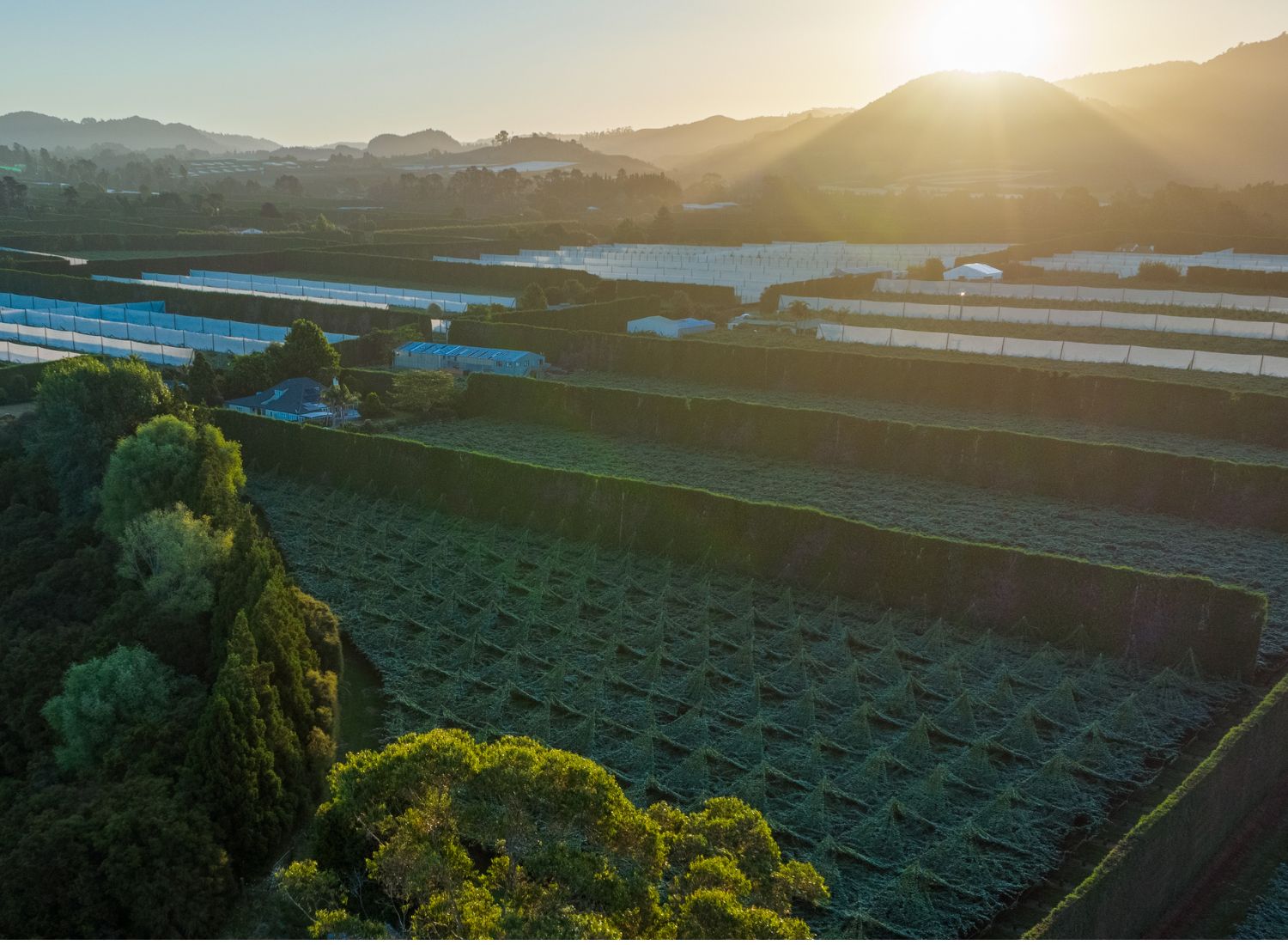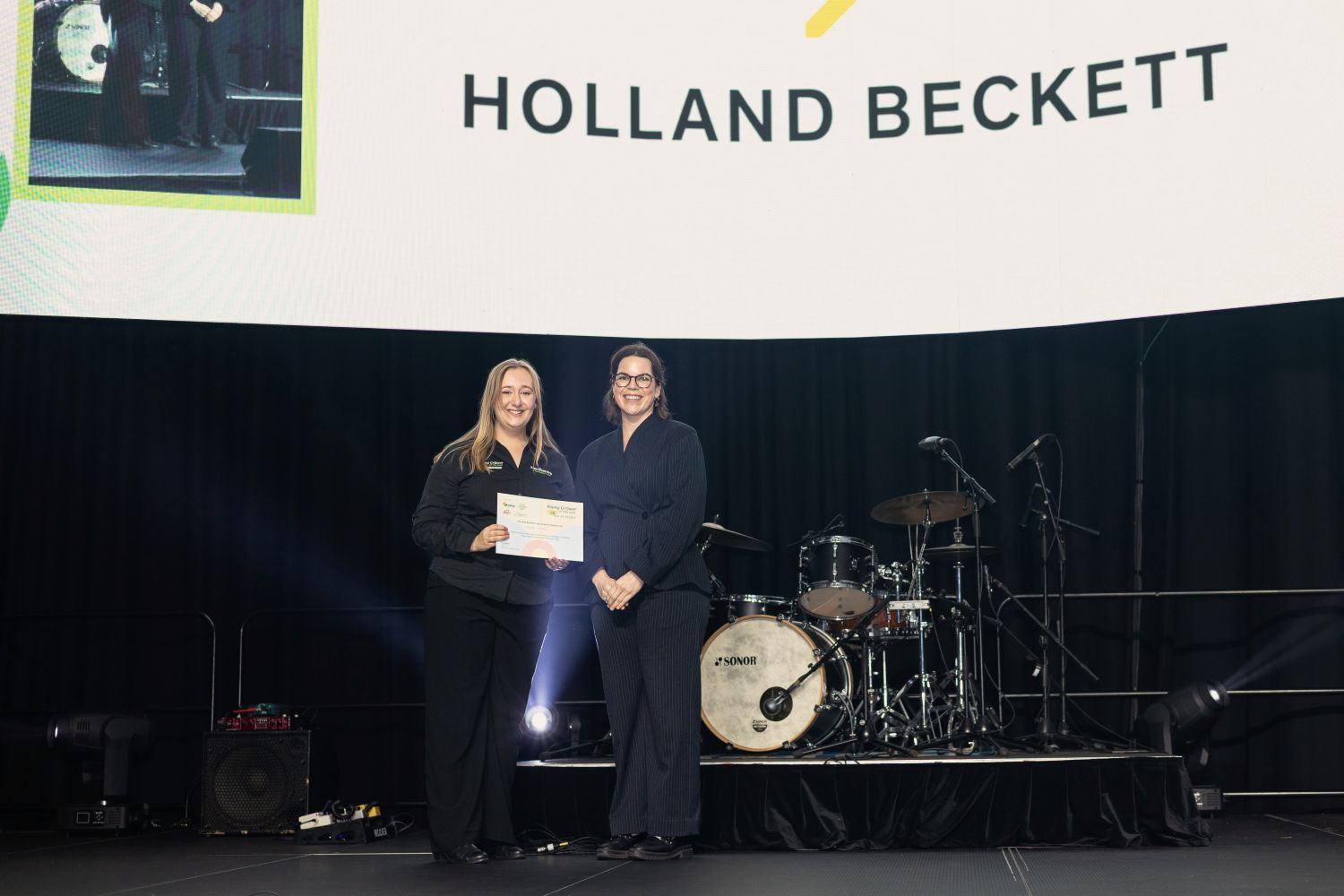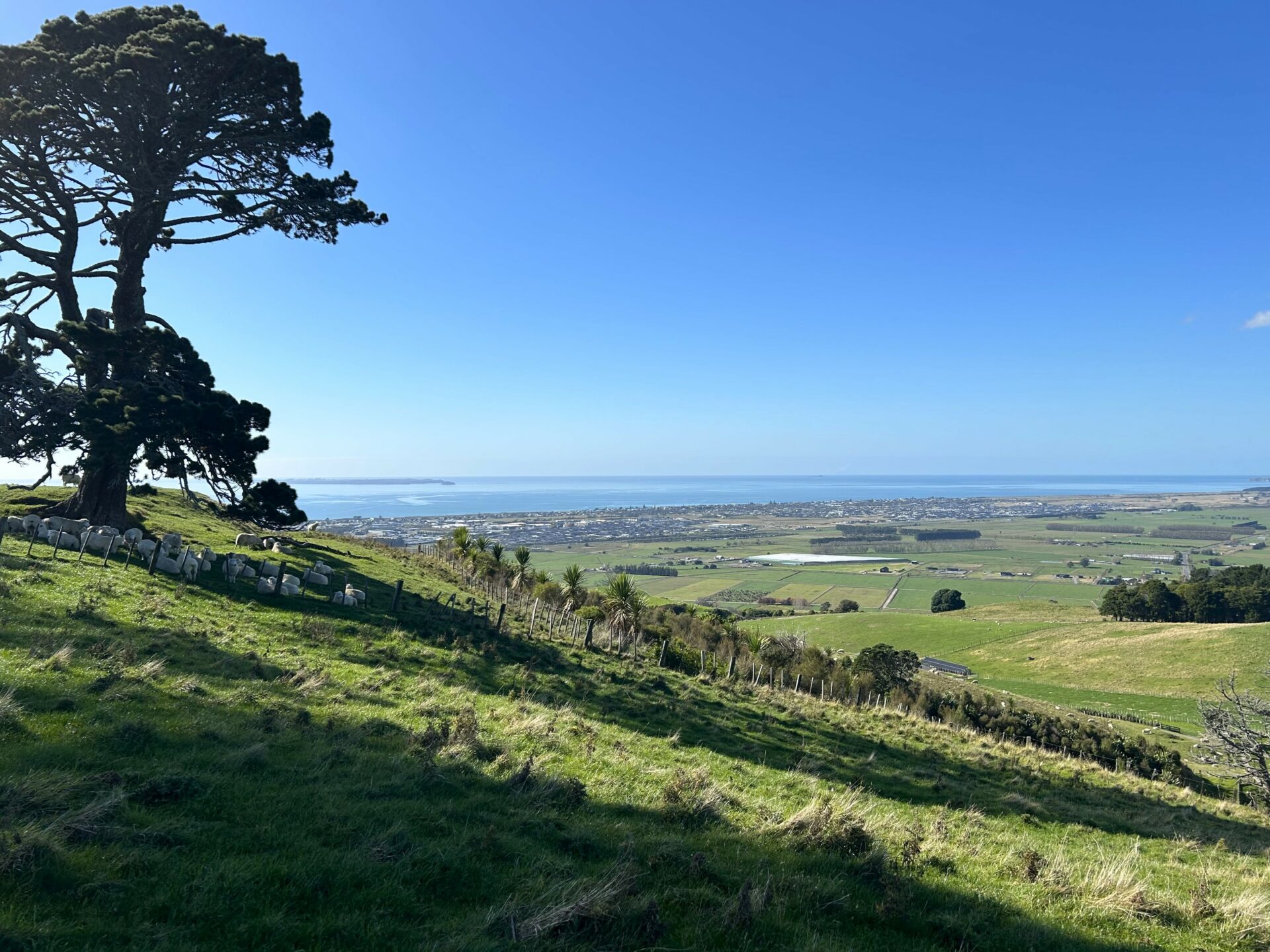Employment Law for Kiwifruit Growers

Employment Law
Rural & Agribusiness
Oct 20 2025
Free Employment Law Workshop for Kiwifruit Growers
Join our expert employment lawyers Jeremy Sparrow and Sophie Law for a free, informative session designed specifically to assist kiwifruit growers to best manage workforces and navigate the complexities of employment law.
Drinks and nibbles included.
Tuesday 18 November 2025
From 5:00pm for a 5:30pm start
Holland Beckett
Level 2, Northern Quarter, 45 The Strand, Tauranga
We will share insights on topics including:
- Different types of employment for seasonal workers
- Using piece rates correctly
- Holidays Act compliance & managing public holidays
- 90-day trial periods
- Restructuring permanent roles
- Addressing performance and disciplinary issues
- Q&A
Please RSVP by Friday 14 November to Karla Sweeney karla.sweeney@hobec.co.nz
You may also like ...

Bay of Plenty Young Grower of the Year Awards
Holland Beckett is a longstanding sponsor and supporter of the Bay of Plenty Young Grower of the Year awards.
Our Bay of Plenty location and the importance of horticulture to the region, means it\'s only natural for us to support the future leaders of the horticulture industry.
The Young Grower Awards are an opportunity for local young growers to develop key skills and build connections as they embark on what will likely be very successful careers. Holland Beckett sponsor the final challenge, the speech competition, where the competitors have to speak to a room of hundreds of poeple attending the gala dinner - a little different to other competition modules which test practical skills and on-the-spot problem solving in horticulture, but no less challenging.
Senior Solicitor, Grace Titter, joined the judging panel.
Congratulations to this year\'s Holland Beckett Speech Competition winner, Phoebe Scherer - who also took out the overall Bay of Plenty Young Grower of the Year title.
The event was a great success, celebrating and supporting an industry which is so vital to the region and communities within it.

Clearing the pathway for consenting on highly productive land
Recent amendments to the NPS-HPL include clearing the pathway for consenting specified infrastructure, greenhouses and indoor primary production on highly productive land.
There is now a clear consenting pathway for development of specified infrastructure (e.g. renewable energy), greenhouses and intensive indoor primary production on highly productive land (HPL) following recent amendments to the National Policy Statement for Highly Productive Land (NPS-HPL).
We had previously discussed the issues and proposed amendments to the NPS-HPL identified by the Ministry and Minister for the Environment in a previous article from October last year (linked here). Following consultation and submitter feedback, the Minister for the Environment has this month made changes to the NPS-HPL that we anticipate will better enable development of intensive primary production, greenhouse activities, and specified infrastructure on HPL.
The NPS-HPL sets strict standards for how HPL can be used and essentially provides that any use or development of HPL must be avoided unless such use or activity falls within one of the limited exceptions. After the NPS-HPL came into effect some renewable electricity generators and representatives from the food production sector raised concerns that it placed undue restrictions on development of activities that may have a need to be located on HPL. The two key issues identified by these parties were:
The lack of clarity in the consenting pathway for new specified infrastructure on HPL, as notably no express provision for the construction of this type of infrastructure was provided for in the NPS-HPL. Specified infrastructure includes (but is not limited to) renewable electricity infrastructure; and
The absence of a clear consenting pathway for developing and relocating intensive indoor primary production and greenhouses on HPL.
The following changes have been made to the NPS-HPL to address these concerns:
Amendments to cl 3.9(2)(j)(i) NPS-HPL that will better enable the development of new specified infrastructure on HPL. Clause 3.9(2)(j)(i) NPS-HPL has been varied to now provide that the development, operation or decommissioning of specified infrastructure, including (but not limited to) construction, maintenance, upgrade, expansion, replacement or removal may be undertaken on HPL if certain requirements set out in the NPS-HPL are met.
Inclusion of a subclause that better enables development on HPL where such development provides for either ‘intensive indoor primary production’ or ‘greenhouse activities’ (cl 3.9(2)(aa)). Definitions for ‘intensive indoor primary production’ and ‘greenhouse activities’ are now also included in cl 1.3 NPS-HPL.
These amendments provide a clear consenting pathway for development of specified infrastructure, greenhouses and intensive indoor primary production on HPL. If you have any questions regarding the NPS-HPL, or what these recent changes may mean for your or your business, please feel free to contact us.

Meet Holland Beckett’s rural law experts at Fieldays
Perfectly placed to advise on rural legal challenges and opportunities, our rural law experts from Tauranga, Whakatāne and Rotorua are headed to Fieldays this year.
Fieldays is the Southern Hemisphere’s largest agricultural event and the ultimate launch platform for cutting edge technology and innovation. With around 1000 exhibitors showcasing rural products and services, Fieldays draws over 100,000 visitors each year who are seeking the best deals and first-hand information from the Primary Industry\'s most reputable suppliers and organisations. We\'re looking forward to being a part of this years event.
Come and chat to the team - Rural Living marquee - site RM148.
On site we will have expert lawyers covering all areas of the rural lifestyle, including:
Asset, estate and succession planning
Rural property law - whether it be buying, selling, subdividing, leasing, financing and operating rural property, farms and orchards.
Litigation and dispute resolution in a rural context
Environment and planning - helping to navigate increasingly complex regulatory environments such as resource consents and compliance, freshwater, significant natural areas, land development, farming regulations, reforms
Renewable energy and solar specialists - we guide and advise clients on every stage and legal aspect of an energy project, from planning and development to operation
Employment law for farms and farmers, including Health and Safety
Horticulture - from sale and purchase of orchards, to kiwifruit licences, boundary adjustments, packhouse agreements, orchard development and management agreements
Forestry rights and harvest agreements, transportation and logistics contracts, Emission Trading Scheme




